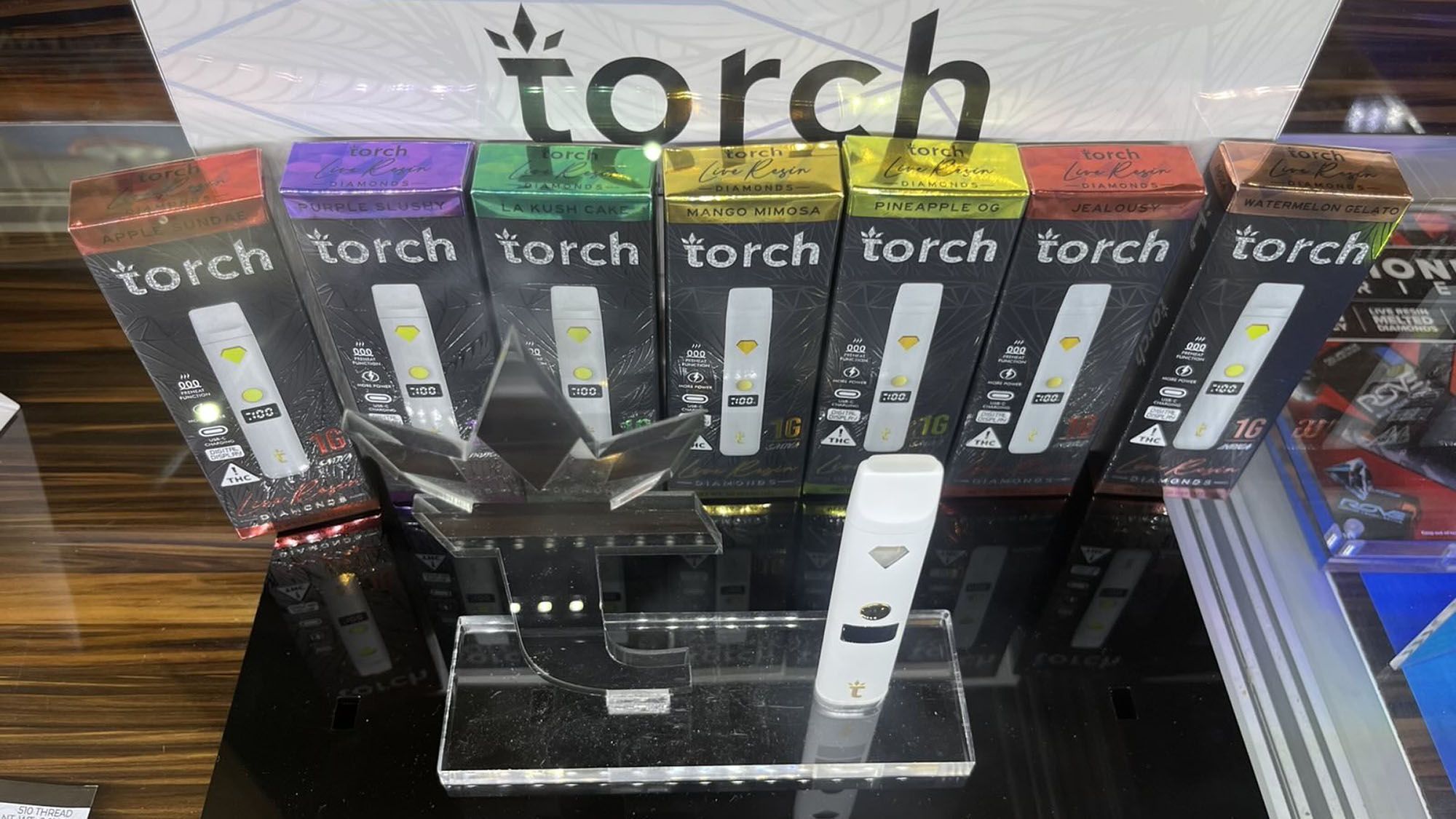As price compression lingers across legal markets, retailers are looking for ways to protect gross margins without alienating shoppers. One proven lever is private label: controlling product design and pricing while outsourcing manufacturing to licensed processors. In cannabis, that looks like contract-made vape carts, tinctures, and capsules that the retailer or brand owner markets under its own badge. States are even formalizing paths for this model—New York’s new “branding license,” for example, explicitly allows white-label agreements with licensed processors, signaling regulator comfort with non–plant-touching brand owners partnering with in-state manufacturers.
Category dynamics also favor oils. Vapes remain a top-two category by spend in the U.S., and younger consumers—especially Gen Z—over-index to vapor pens. That demographic is also the most receptive to stylish, price-sharp house lines. Even though underlying sales data points stretch back to 2023, the trend line has persisted into 2024 and 2025 according to multiple retail trackers and trade coverage. For operators planning their 2026 assortments, private-label oil continues to be a high-velocity target.
Expect the next generation of private labels to look less “generic” and more like modern consumer packaged goods. In mainstream retail, store brands have evolved from pure value plays into design-forward portfolios; cannabis retailers are following suit. They are applying basket analysis and price-pack architecture to build differentiated tiers—good, better, best—within their own brands. The goal is to convert promo-driven shoppers into loyal house-brand buyers while improving realized margin per transaction.
Regulatory friction won’t disappear, but operators are getting more adept at working within state lines. Guidance hubs that aggregate labeling and marketing rules by state have proliferated, and purpose-built contract manufacturers now market white-label programs that bake in compliance, shortening time-to-market for oil SKUs. The playbook is straightforward: pick a licensed processor with proven operating procedures, lean on templated packaging that meets state-specific rules, and launch formats with wide legal reach such as 1-gram carts, 10-pack softgels, and metered droppers.
Another tailwind is the parallel rise of hemp-derived THC beverages and edibles, which has trained consumers to accept multi-brand, multi-price-tier cannabinoid products. While regulated marijuana and hemp channels remain distinct, shopper expectations around convenience, dosing, and branding are overlapping. That benefits well-executed private labels positioned on clarity and trust.
The biggest challenge—and opportunity—sits in branding. More than half of U.S. cannabis consumers say brands matter in purchase decisions, so “white box” offerings won’t cut it. Private label must earn credibility with clean design, published test results, and consistent sensory profiles. Retailers that marry strong identity with dependable supply can build durable equity—particularly in oil formats where repeatability is paramount.
Looking ahead, private-label cannabis oils are also expected to integrate more advanced formulations. Manufacturers are experimenting with minor cannabinoids like CBG and THCV, as well as terpene blends that can differentiate products without raising costs dramatically. This innovation could give private labels a competitive edge, offering shoppers unique formulations not always available from large, established brands. By marrying affordability with novelty, retailers can appeal to both budget-conscious and curious consumers.
Bottom line: with sustained price pressure, strong oil category throughput, and clearer regulatory pathways, private-label cannabis oils are poised to scale from margin tactic to cornerstone brand strategy. Winners will use data to target formats and price tiers, treat packaging and compliance as design constraints rather than afterthoughts, and invest in brand building, not just cost savings. For consumers, the result will likely be more options, more consistency, and better value—proof that private label can stand shoulder to shoulder with the industry’s biggest names.

